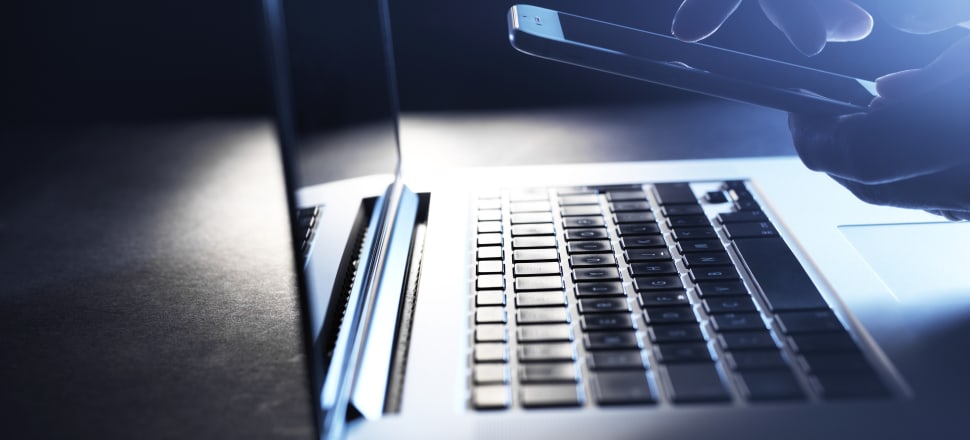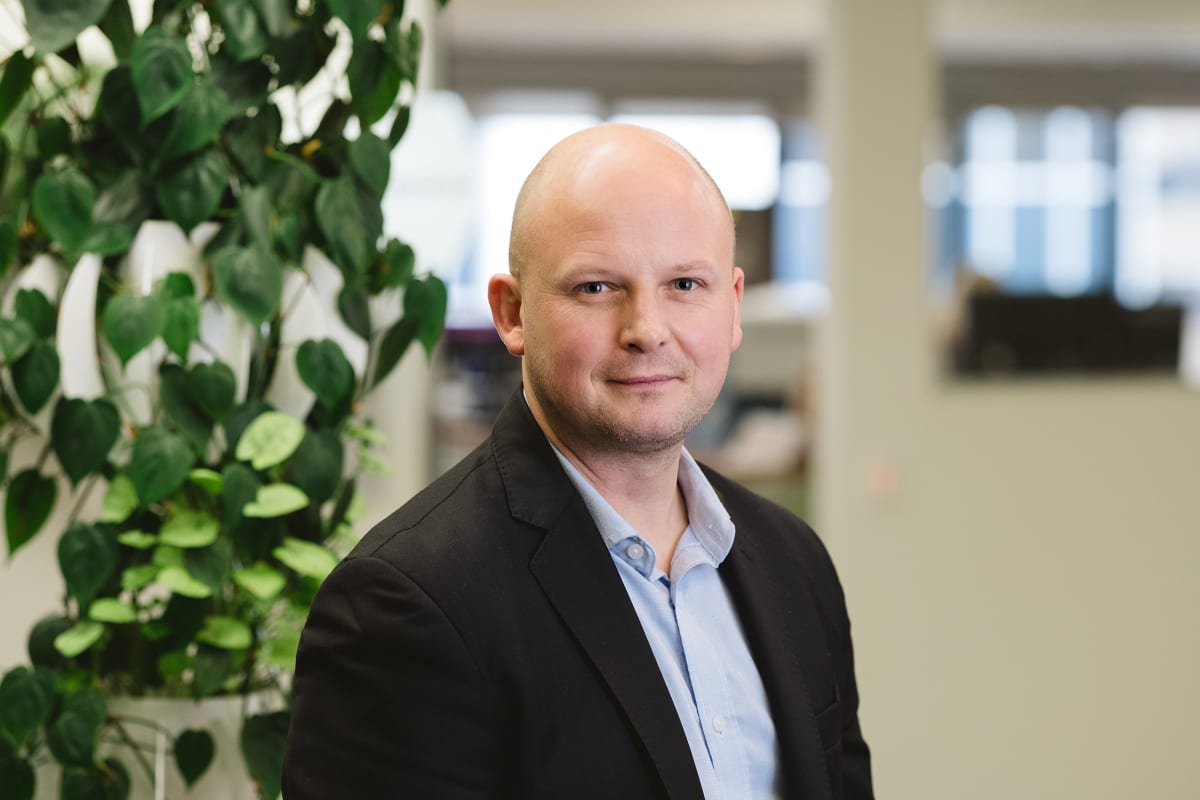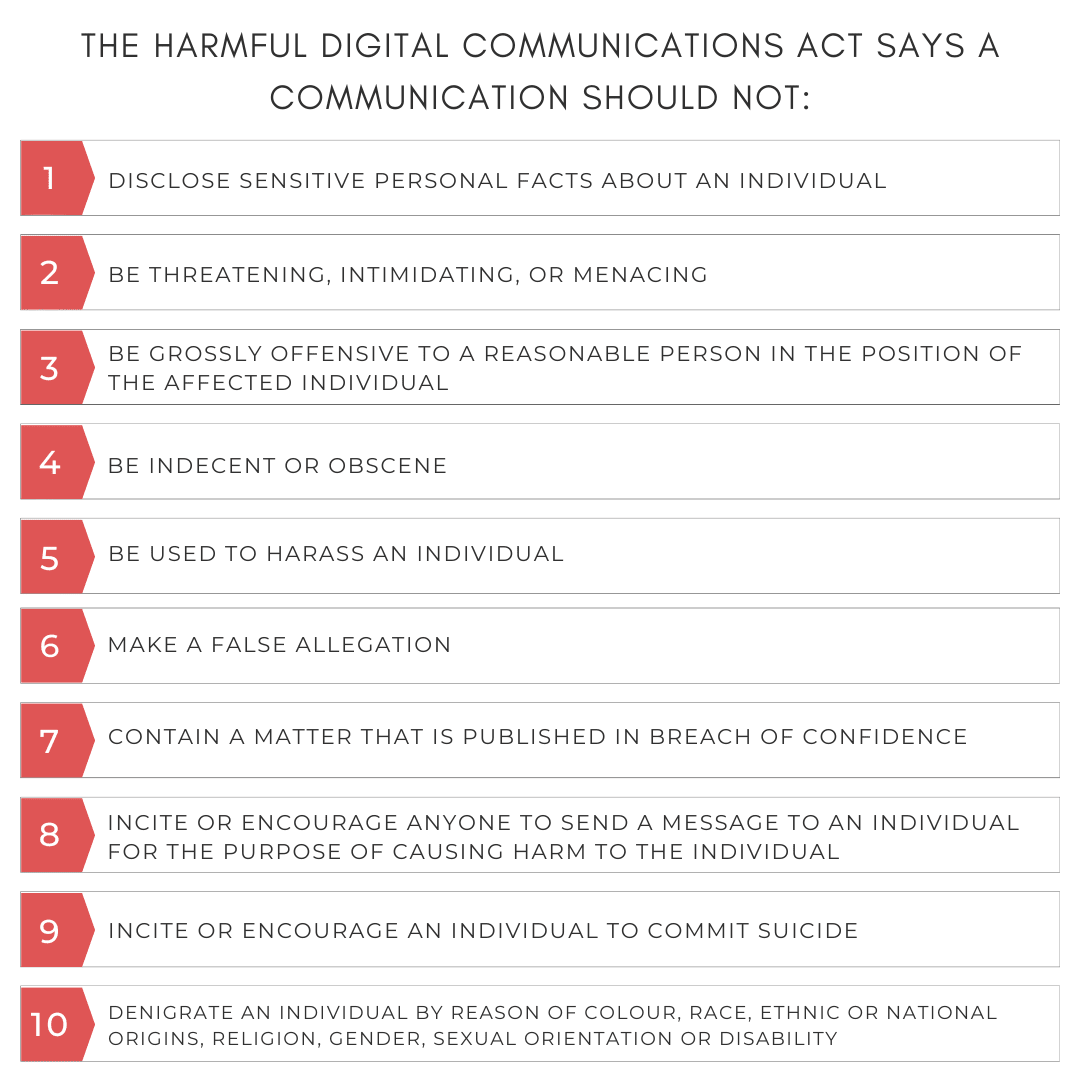
Online safety watchdog Netsafe has organised a week of events targeting the heightened vulnerability of groups such as Māori, disabled people and the elderly to the dangers of the internet
A “new normal” of 25 percent more incidents of online harm reported every year since 2020 has prompted online safety organisation Netsafe to engage directly with some of the groups most affected.
A series of in-person and online events during New Zealand Netsafety Week will see groups such as Māori, LGBTQI+, young people, women, and seniors sharing the impact digital harm has on them.
Netsafe CEO Brent Carey said the huge increases in reports could be down to a number of factors, such as increased awareness of Netsafe’s ability to help and the increased role the internet plays in the lives of New Zealanders, around 89 percent of whom are active social media users.
But there’s also the factor of the past few years, with lockdowns contributing to social isolation and economic and social instability has caused strain, especially on society’s most vulnerable.
Carey said the loneliness factor is not talked about enough.
“What happens to people when they are lonely and what sort of risks do they take… lockdowns and being disconnected from their communities means you’re looking for more meaning online,” he said.
And this can mean more time in echo chambers or in online communities that become a person’s sole point of access to certain information.
It’s a difficult knot to untie, especially when breaking through to people requires reality-testing and harnessing their sense of optimism. Carey said this is “challenging, when crisis is the new normal”.

Countries like the UK and Japan have appointed ministers of loneliness, to tackle what is increasingly being seen as a society-wide problem.
The idea was first floated by political theorist Hannah Arendt over 60 years ago, who argued that in cutting people off from human connection, loneliness makes people susceptible to totalitarianism.
The internet has played a vital role in keeping people connected during these years of the pandemic, with closed borders and lockdown orders overcome by the ability to move a business meeting or a birthday party onto Zoom, a sometimes reasonable facsimile of reality.
But at the same time, it also provides an entire utility belt’s worth of tools for bad actors, and opportunities to move IRL antisocial behaviours like domestic abuse into the digital arena.
Carey paints a picture of a growing list of ways people can hurt each other online, from the well-known concerns around cyberbullying and harassment. Some plots take some malicious forethought to put together, such as doctored photos or video of ex-partners shared as revenge porn or the winding schemes of ‘Tinder Swindler’ Simon Leviev.
These aren’t things experienced by just a few, either. A survey from a few months after the first lockdown found four in 10 respondents received unwanted digital communication in the year previous.
Taking into account the almost 90 percent social media use rate in New Zealand, that means around half of Kiwi netizens have had a brush with digital harm.
The Harmful Digital Communications Act was passed in 2015, giving Netsafe the power to persuade website and ISP providers to take down harmful content.
But experiences of these harms are not felt equally across groups of people.
One example comes from research from the Australian eSafety Commissioner, which found one in three women surveyed had gone through online abuse in a work context, with much of it leading to women taking a step back from work and foregoing chances to advance professionally.
Netsafe reports a similar state of affairs on this side of the Tasman.
That’s why this year the Netsafety Week takes the theme of diversity, with the aim of putting the experiences of specifically vulnerable communities front and centre through breakfast events with high-profile women like Paula Bennett, Amanda Millar and Sara Templeton talking about their experiences with online abuse and a hui in Auckland discussing safety online for Māori.
Webinars throughout the week will be helmed by people from LGBTQI+, senior, neuro and linguistically diverse communities.
“We need to engage our diverse communities and put them at the forefront of online safety conversations,” Carey said. “Everyone deserves to use digital technology without being harmed.”
Carey pointed to the hui on July 27 in particular as a fresh approach to online safety, with the hope of finding better outcomes for Māori by embracing Te Tiriti, tikanga and prioritising Māori inclusion in decision-making.
“We want to build relationships with iwi, hapū and whānau and ensure Māori aren’t getting overlooked when it comes to online safety,” he said. “On the day we have various facilitators who will start community conversations between Māori, agencies, and New Zealand tech providers.”
Netsafety Week runs from July 26 to July 30.
The 10 principles of the Harmful Digital Communications Act Netsafe is allowed to act on are as follows:








